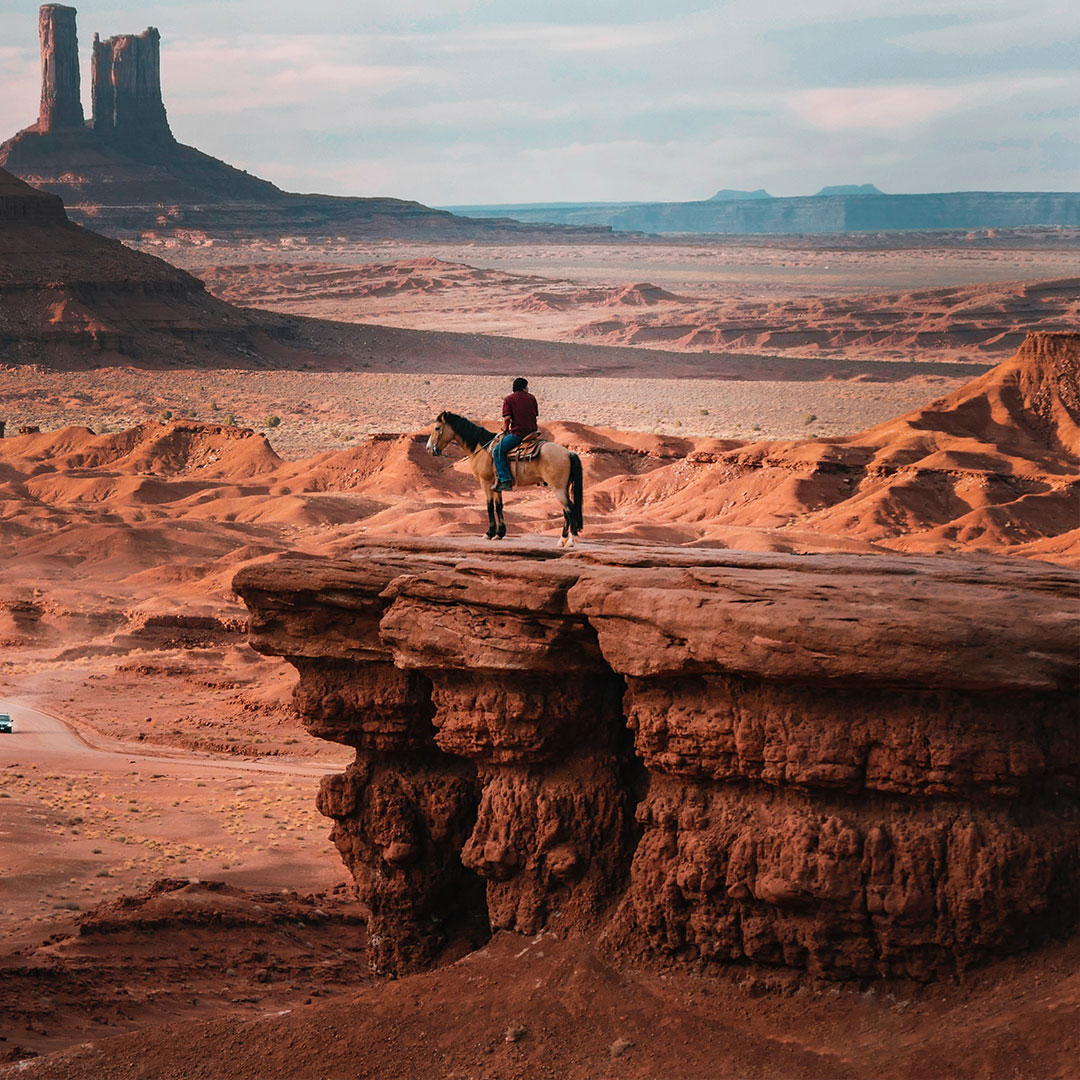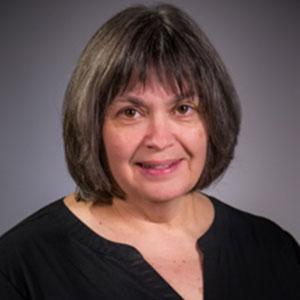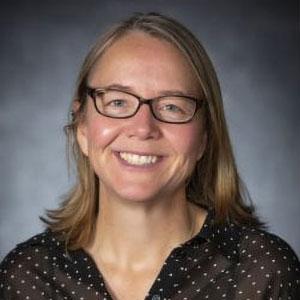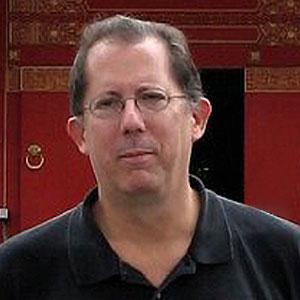Legacy Exposure to Environmental Metals/Metalloids on Navajo Nation

WHEN
Thursday, January 5, 2023
11:00 a.m. - 12:00 p.m. (Pacific Time)
LOCATION
Online
Zoom
PRICE
Free
Check out this video to watch the Legacy Exposure to Environmental Metals/Metalloids on Navajo Nation.
Overview of Navajo Birth Cohort Study and Thinking Zinc Clinical Trial
A Speaker Series: Toxicology and Societies - The Impacts of Chemicals in Our Lives
Brought to you by:
WWU Institute of Environmental Toxicology and Chemistry
WWU Alumni Association
The Navajo Birth Cohort Study (NBCS) is a large-scale, well characterized prospective cohort study assessing the relationships between environmental exposures to metal contaminants associated with abandoned uranium mines on birth outcomes and child development in a tribal population. We have documented that individuals on Navajo Nation experience contamination to uranium that exceed national norms and that these exposures occur throughout the life-span.
Our data demonstrates that mixed metal exposures are associated with both elevated inflammatory processes and increased risk of pre-term birth. In another study, we are investigating the potential benefit of providing supplemental zinc to reduce metals toxicity within adult populations on Navajo.
This study is based on mechanistic data demonstrating that both arsenic and uranium can displace zinc in zinc-binding proteins causing functional disruption. Preliminary data demonstrates decreased biomarkers of oxidative stress with increased zinc levels, providing support for our hypothesis that zinc supplementation could provide a low-cost, readily implementable approach to reducing metals toxicity at a population level.
More information about the speaker series is available here. All past Toxicology and Societies recordings are available here.

Dr. Debra MacKenzie
Speaker
Dr. MacKenzie is Research Assistant Professor in the University of New Mexico (UNM) College of Pharmacy. She is co-director of the Community Environmental Health Program (founded and co-directed by Dr. Johnnye Lewis) and is MPI, with Dr. Lewis, of the Navajo Birth Cohort Study (NBCS), a participating cohort in NIH’s Environmental influences on Child Health Outcomes (ECHO) program. She is Co-Lead with Dr. Laurie Hudson on the Thinking Zinc Clinical Trial, conducted through the UNM METALS Superfund Center. She is also MPI of the UNM Center of Excellence (P50), “Native Environmental Health Equity Center”. Her background is in virology, immunology and toxicology, receiving her PhD from the University of New Mexico and her post-doctoral training at the University of Wisconsin.

Ruth Sofield
Co-Host
Ruth Sofield is a Professor of environmental toxicology and chemistry in the College of the Environment. She received her PhD and MS in Environmental Science and Engineering at the Colorado School of Mines. Ruth’s research group focuses on the effects of water and air pollution. Their current projects include the aquatic toxicity of microplastic and tire wear particles, and the use of moss as a biomonitoring tool for particulate matter. Ruth is a member of the Puget Sound Partnership Science Panel and the President of the Pacific Northwest Society of Environmental Toxicology and Chemistry.

Tracy Collier
Co-host
Tracy Collier received his PhD in Fisheries Sciences from the University of Washington. He has worked for over 45 years as a toxicologist, with more than 35 of those years spent at NOAA’s Northwest Fisheries Science Center, where he served as the director of a science division that employed up to 100 people, covering several disciplines, including environmental toxicology, analytical chemistry, harmful algal blooms, and watershed processes. He has over 175 scientific publications, and currently is an affiliate faculty at Western.
Questions and Accommodations
Contact the WWU Alumni Association for this event. Feel free to call at (360) 650-3353 or email at alumni@wwu.edu if you have any questions or comments.
There will be auto-captions available for the Zoom webinar.